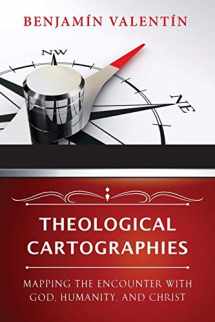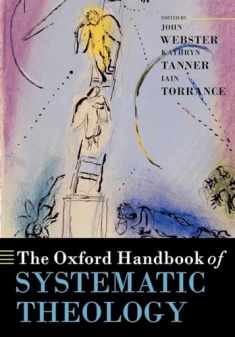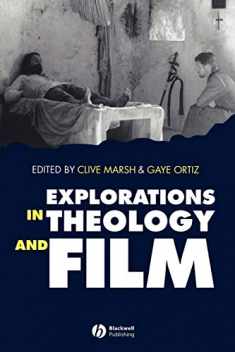
Theological Cartographies: Mapping the Encounter with God, Humanity, and Christ
Book details
Summary
Description
Benjamín Valentín presents a substantive yet accessible introduction to the three central doctrines of Christian theology: God, humanity, and Christ. In an engaging style, Valentín offers an overview of each of these doctrines, delving into its tradition within the Christian community throughout history, from the writing of Scripture forward. He further explores what contemporary life tells us about this doctrine and how that compares to traditional understandings and then determines how we can reconstruct this doctrine in light of our new assessment of it. Each chapter concludes with suggested readings for further study. Throughout, Valentín highlights the diversity of Christian thought, bringing together past tradition and contemporary questions to arrive at a new understanding of what these important doctrines can mean for us today.


We would LOVE it if you could help us and other readers by reviewing the book
Book review





